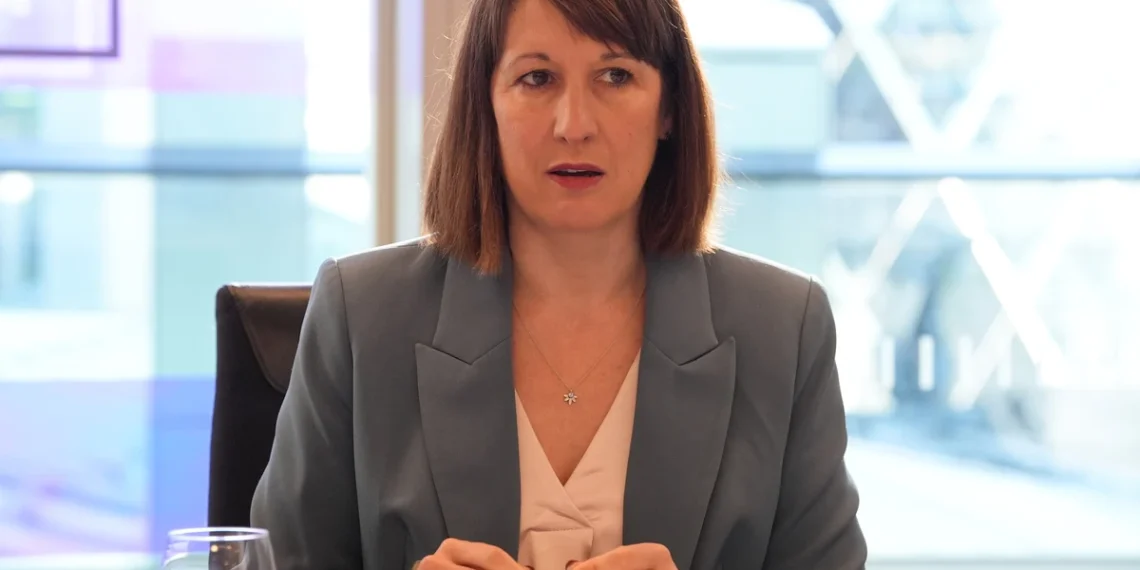A group of millionaire business owners has called on Rachel Reeves to raise £14 billion by increasing capital gains tax (CGT) in the upcoming budget, claiming it would not negatively affect investment in Britain.
With Reeves set to deliver the budget on October 30, these wealthy investors argue that the government could secure essential funding for public services by adjusting the tax rate on asset disposals — without stunting economic growth.
In a report by the influential center-left IPPR think tank, several high-profile entrepreneurs welcomed the idea of aligning CGT with income tax rates.
The current system taxes most capital gains at 20%, far lower than the top income tax rate of 45%. Millionaires argue that equalizing these rates would create a fairer system without discouraging investment in UK businesses.
CGT Not a Key Factor for Investors
The report found that CGT is not the primary factor driving investment decisions for entrepreneurs. Instead, they focus on securing financing, tapping into market opportunities, and broader economic conditions. This insight came from a group of millionaire business owners arguing that raising CGT rates would not dissuade “real investors” from investing money into the UK economy.
Mark Campbell, co-founder of Higgidy Pies, voiced his support for the tax hike. He said, “Higher rates of CGT would not scare away real investors. Entrepreneurs don’t think about [it] when they create businesses. [It] would not have stopped us investing in Higgidy.”
Similarly, Graham Hobson, co-founder of Photobox, a photo printing website, dismissed the notion that higher taxes would stifle entrepreneurship. “The idea that raising capital gains tax would discourage entrepreneurship is simply a myth. Entrepreneurs are driven by passion, problem-solving, and creating value — not by low taxes,” he explained.

Other millionaire investors echoed these sentiments, including Julia Davies, who backed companies like Osprey Outdoor Equipment. She said, “As an entrepreneur and investor, I’ve never let tax rates dictate my decisions to fund innovation or pursue opportunities.”
Currently, CGT is levied on the sale of shares, second homes, and businesses, with tax rates ranging from 10% to 20%, depending on the type of asset and the taxpayer’s income. Meanwhile, the top income tax rate is set at 45%.
The report proposes matching CGT rates with income tax brackets: 20% for basic taxpayers, 40% for higher-rate taxpayers, and 45% for additional rate taxpayers. Conservative Chancellor Nigel Lawson first introduced this approach in the 1988 budget. It is now being revisited as a potential solution to raising vital funds for public services, such as healthcare and education.
Earlier this month, Reeves was considering raising CGT rates to between 33% and 39% as part of her plan to generate up to £40 billion in extra revenue. She seeks to balance day-to-day spending with tax income in line with her “golden rule” of fiscal discipline.
A Debate Over Economic Impact
However, not everyone is convinced. HMRC has warned that sharply increasing CGT rates could backfire. According to the tax office, wealthier individuals might restructure their finances or leave the UK altogether to avoid higher taxes. This could reduce CGT revenue rather than increase it. HMRC estimates that a 10% increase in CGT could result in a £2 billion shortfall.
Despite this, Pranesh Narayanan, a research fellow at IPPR, dismissed these concerns as outdated. He argued that the behavioral assumptions used in HMRC’s analysis are based on an outdated model and don’t consider broader reforms to CGT that could raise £14 billion. “The recent fearmongering from some that increasing capital gains tax will take the economy back to the stone ages is pure hyperbole,” he said.
Narayanan also emphasized that IPPR’s conversations with millionaires indicate that raising CGT wouldn’t hinder their willingness to invest.





















